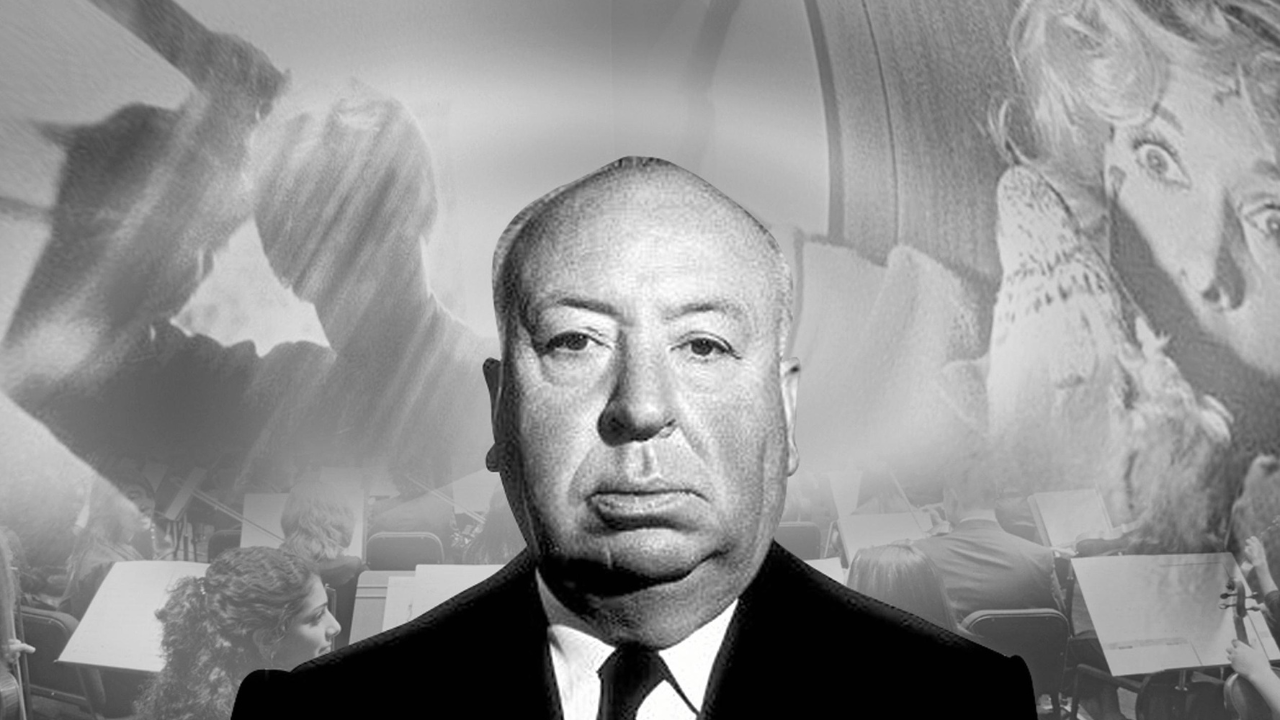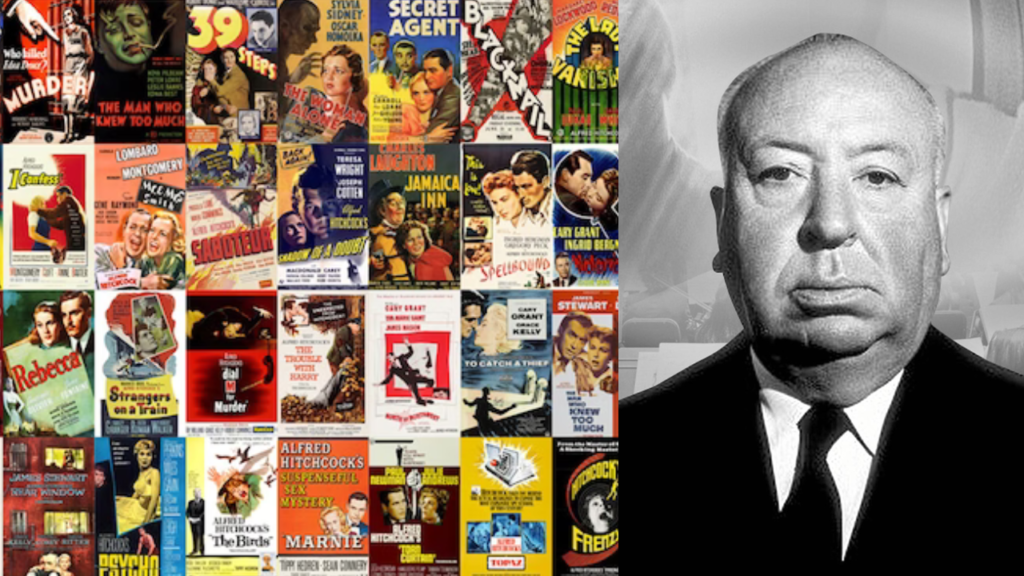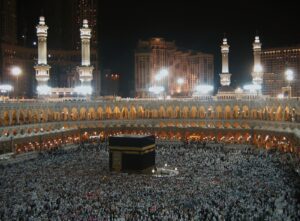Entertainment Desk, BT: In the annals of cinematic history, one name stands out as the undisputed master of suspense—Alfred Hitchcock. The iconic filmmaker, often referred to as the “Master of Suspense,” left an indelible mark on the world of cinema, crafting timeless classics that continue to captivate audiences across generations. From his early silent films to his later masterpieces, Hitchcock’s filmography is a testament to his unparalleled storytelling prowess and innovative approach to the art of filmmaking.

Early Life and Career:
Born on August 13, 1899, in Leytonstone, London, Alfred Joseph Hitchcock developed an early fascination with storytelling and the art of film. His journey into the world of cinema began in the silent film era, where he honed his skills as a title designer, screenwriter, and assistant director. It was not long before he stepped into the director’s chair, making his directorial debut with “The Pleasure Garden” in 1925.
The Silent Era:
Hitchcock’s early works in the silent era, including “The Lodger: A Story of the London Fog” (1927) and “Blackmail” (1929), showcased his emerging talent for creating suspenseful narratives and utilizing innovative techniques. Even in the absence of spoken words, Hitchcock’s storytelling prowess was evident, setting the stage for a career that would redefine the thriller genre.
The Transition to Sound:
With the advent of sound in the late 1920s, Hitchcock seamlessly transitioned to this new era of filmmaking. His ability to use sound to enhance suspense reached new heights with films like “The 39 Steps” (1935) and “The Lady Vanishes” (1938). These films not only solidified Hitchcock’s reputation as a master storyteller but also established the thematic elements that would become synonymous with his later works.

Hollywood Success and Collaboration with Cary Grant:
Hitchcock’s move to Hollywood in the 1940s marked a significant turning point in his career. Collaborating with stars like Cary Grant, he produced a string of critical and commercial successes, including “Suspicion” (1941), “Notorious” (1946), and “North by Northwest” (1959). The dynamic between Hitchcock and Grant became legendary, with their creative partnership producing some of the most iconic moments in cinematic history.
The Golden Age of Hitchcock:
The 1950s and 1960s are often considered the “Golden Age” of Hitchcock’s career, with the director creating a series of masterpieces that defined the suspense genre. “Rear Window” (1954), “Vertigo” (1958), and “Psycho” (1960) are just a few examples of films that showcased Hitchcock’s unparalleled ability to manipulate the audience’s emotions and expectations. “Psycho,” in particular, shocked audiences with its innovative narrative twists and the now-infamous shower scene, forever changing the landscape of horror cinema.
Innovative Techniques and Signature Style:
Hitchcock’s filmmaking techniques, often imitated but never replicated, have become the stuff of legend. His pioneering use of camera angles, innovative editing, and the incorporation of psychological elements into his narratives set him apart as a true visionary. The famous “Hitchcockian” touch, characterized by suspenseful storytelling, a sharp sense of humor, and unexpected plot twists, remains a source of inspiration for filmmakers worldwide.
Legacy and Influence:
Alfred Hitchcock’s impact on cinema extends far beyond his own filmography. His influence can be seen in the works of directors ranging from Brian De Palma to David Fincher and beyond. The term “Hitchcockian” is now a descriptor for any film that embraces suspense, tension, and psychological complexity.
Conclusion:
Alfred Hitchcock’s filmography is a journey through the evolution of cinema, a testament to the enduring power of a master storyteller. From his early days in silent cinema to the iconic moments that defined the “Golden Age,” Hitchcock’s legacy continues to shape the art of filmmaking. As audiences around the world still thrill to the suspense of a Hitchcock film, it is clear that his contributions to cinema are not just historic—they are timeless. The Master of Suspense lives on, forever etched into the fabric of cinematic greatness.





